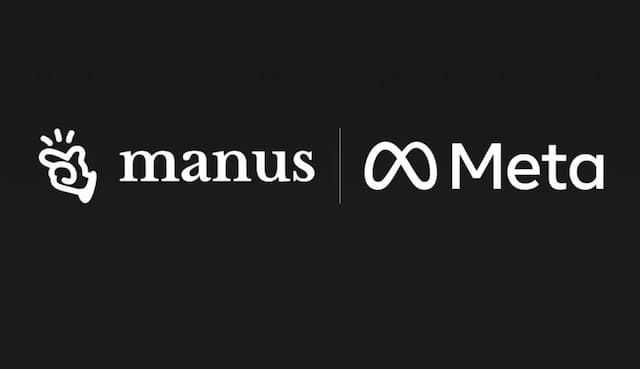New WhatsApp Regulation: “The Facebook Group Seeks to Monetise Messaging”

WhatsApp will require its users to share their data with entities of the Facebook group. Me Merav Griguer, lawyer and teacher at Sciences-Po and Assas, deciphers the main issues of this regulatory change for users
- Whatsapp messaging usage data will be collected and shared from February 8th by the parent company Facebook.
- This decision, announced Thursday via a simple notification, has sparked many reactions, and serious concerns from users.
- Me Merav Griguer, lawyer and teacher at Sciences-Po and Assas, specializing in the protection of personal data, deciphers the main issues of this change in regulations for users.
Users learned about it by sending a simple notification. From February 8th, it will be mandatory to agree to share your data with the other entities of the Facebook group to be able to continue using WhatsApp. The users of the encrypted messaging will indeed be obliged to accept the update of the conditions of use of the application. “Updates to privacy policies are common in the industry and we are providing users with all the information they need to verify the changes that will take effect on February 8,” a spokesperson for the group said.
This sudden decision sparked a lot of reactions and serious concerns from users. This modification of the conditions of use (T & Cs) of encrypted messaging raises many questions, legal and technological. Me Merav Griguer, a lawyer at Bird & Bird and teacher at Sciences-Po and Assas, specializing in the protection of personal data, deciphers the main issues of this change in regulations for users.
Why is WhatsApp forcing this change on its users today?
From February 8, to be able to continue using the WhatsApp application, users will have to accept new conditions of use and give the right to Facebook [WhatsApp’s parent company], but also to Instagram and Messenger, to recover certain data. of messaging. Those who refuse these new terms of service will simply no longer be able to use WhatsApp.
The Facebook group is now clearly in a process of capitalizing on data, which was one of the objectives of its takeover in 2014. The group seeks to monetize WhatsApp – which does not make money today – by allowing advertisers to contact their customers via Whatsapp, or even sell their products directly there, as is already the case in India. It is an announcement made from a business perspective, and which is part of Facebook’s commercial strategy. With the coronavirus pandemic, messaging has been used extremely, both at the private and professional level. Mark Zuckerberg now wants to make WhatsApp the central communication tool of the group.
WhatsApp will share data?
The personal data that will be shared concerns account registration information, each user’s phone number, contacts, profile information and transaction data that may be carried out in the application. It will also concern service information, information on how the user will interact from one service to another, that is to say how he will go from Facebook to Instagram to WhatsApp. The IP address will also be shared. Obviously, the content of the messages, which remain encrypted and therefore in principle confidential, is not affected.
European users will however not be subject to the same rules as other users, since sharing in Europe and the United Kingdom will only concern data for professional use, to develop the features offered to WhatsApp Business professional accounts. Only professional uses, that is to say with companies that use messaging as a channel to communicate with their customers, will be subject to this data sharing. In all cases, you will still have to accept the new terms of use.
Is this decision imposed without consent to users legal?
A debate could start on the legal basis of this information sharing. In Europe, the regulation on the protection of personal data (RGPD) mentions “legitimate interest” as one of the legal bases on which the processing of personal data can be based. According to the CNIL, recourse to this legal basis assumes that the interests pursued by the body processing the data do not create an imbalance to the detriment of the rights and interests of the persons whose data are processed. In this case, a request for acceptance of the terms of use is sufficient and Facebook is justified in not delivering a service that does not accept them.
But data protection authorities – in each of the countries – could challenge this legal basis and believe that shared data requires the collection of informed consent. That is, each user really accepts the sharing of their data. We are very likely to have in the coming weeks a showdown between Facebook and the CNIL, and many complaints that will once again force regulators to clarify the red lines in terms of targeted advertising.
What are the alternatives for users who refuse this data sharing?
Unfortunately, there is none, apart from migrating to other encrypted messaging services , such as Signal for example. Since WhatsApp warned Thursday that it would share more data with its parent company, many users have flocked to Signal, which tops the list in downloads. This secure messaging application, launched in 2014 [considered by specialists to be one of the secure applications on the market] has always clearly indicated that it would not collect or market any data, except the telephone number which is essential for the operation of the application.
Enjoyed this? Get the week’s top France stories
One email every Sunday. Unsubscribe anytime.


